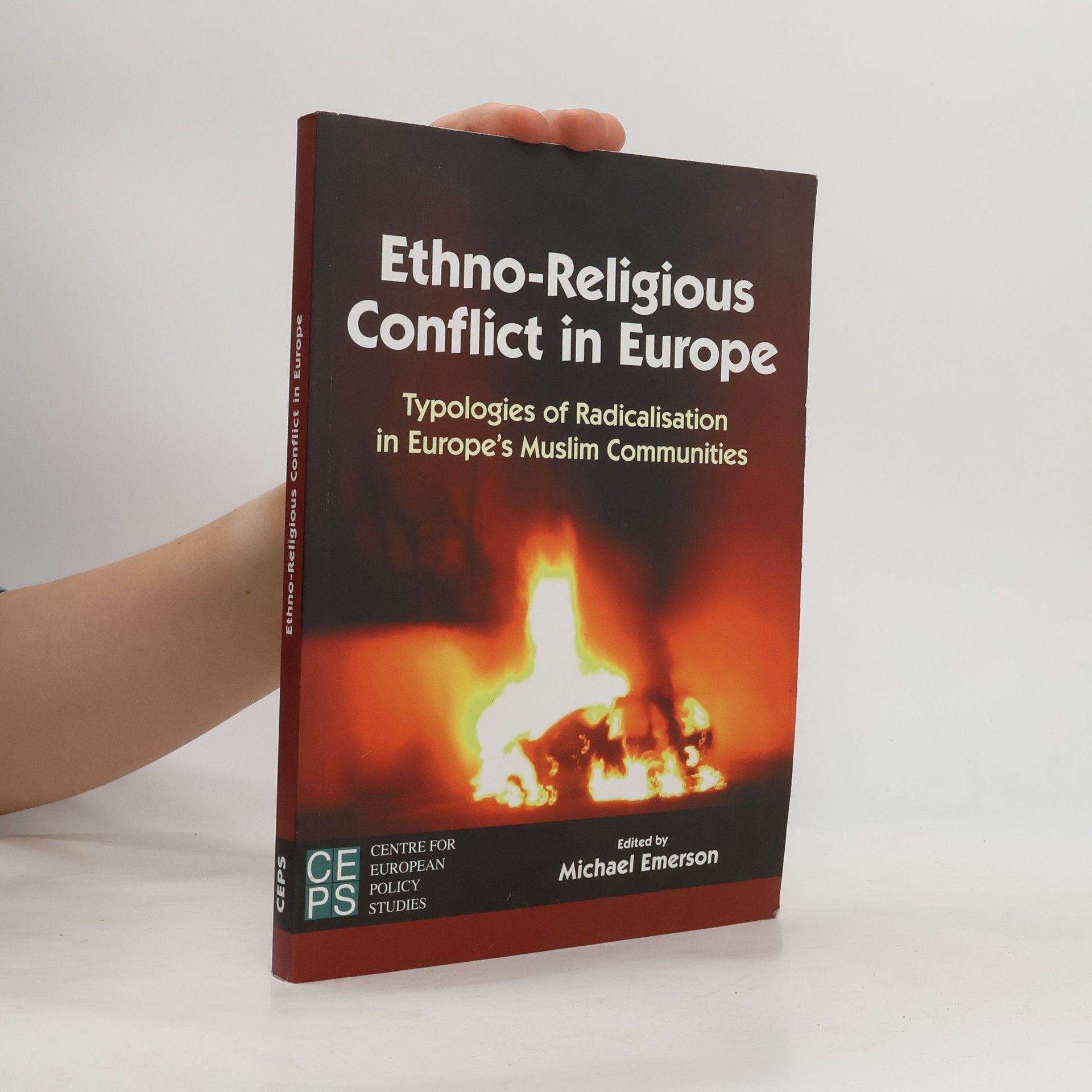The presence of minority groups of Muslim culture is one of the greatest sources of societal tensions, and in some cases of violent conflict, in contemporary Europe. This book presents six country studies of Muslim-related conflict, from Belgium, France, the Netherlands, Spain, Russia, and the United Kingdom.The societal tensions typically flow from two quite different sources: the broad and relatively soft issues of social and economic integration and the narrowly concentrated but very hard issues of terrorist violence inspired by radical ideas. Both have hit most of the countries under study to some degree. The justification for taking these two phenomena together is that, while categorically different, they are dynamically interconnected, feeding on each other toward escalation.Overarching the six case studies, with their varied histories and contexts, Olivier Roy presents major hypotheses of interpretation of al Qaeda-type terrorism as a deterritorialized or globalized phenomenon.
Michael Emerson Boeken



Evaluating the EU's Crisis Missions in the Balkans
- 156bladzijden
- 6 uur lezen
This book offers a critical analysis of the EU's first police and military crisis management missions in the Balkans —in Bosnia and Macedonia. The authors have conducted extensive research both in the field and at EU headquarters in Brussels. Their findings yield some important lessons for ongoing and future missions, from establishing mission goals to operational planning and specialized training of troops to battlefield tactics and weaponry to adapting to shifting political situations and controlling the local populace. Contributors include Isabelle Ioannides (Department of Peace Studies, University of Bradford, UK), Anna Juncos (Department of Politics, Loughborough University, UK), and Ursula Schroeder (European University Institute, Florence, Italy).
The Economics of 1992
the E.C. Commission's assessment of the economic effects of completing the internal market
Based on a European Commission research project, this volume investigates a number of industrial sectors and forecasts the effects of the elimination of barriers to the free movement of goods, services, capital, and labor among the nations of the European community. Emerson provides both microand macroeconomic analysis.